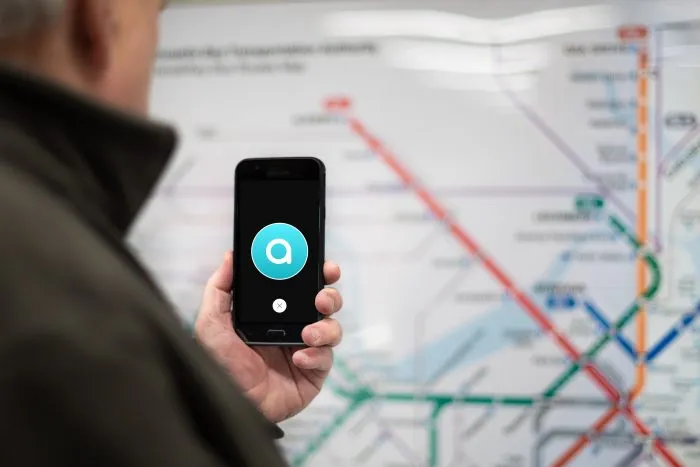Cubic Transportation Systems has voiced its opposition to the proposed cuts in pre-tax benefits for the Transit Benefit Program available to citizens who use public transportation. Within the Senate Finance Committee, Senators are considering reducing the pre-tax benefit to individuals using public transportation from its current US$245 per month to US$125 per month, close to a 50 per cent cut. Cubic believes it is in the Committee’s best interest to maintain the current transit benefit since promoting pub
August 8, 2013
Read time: 2 mins
Cubic believes it is in the Committee’s best interest to maintain the current transit benefit since promoting public transportation helps the consumer, the economy and the environment, stating that the 50 percent cut under US Senate works against the economy, energy independence and wage earners.
“Developing a legislative plan to review and streamline our current tax code is laudable and to be encouraged. But to reduce the Transit Benefit program will discourage the millions of citizens and employees who use public transportation as a means of commuting to and from their place of business,” said Steve Shewmaker, president of Cubic Transportation Systems. “This works against our national interest to be energy independent, promote economic growth, reward wage earners and be pro-environment. Moreover, at a time when gasoline prices are at a record high and the U.S. trade balance so negatively impacted by oil imports, the last thing policy makers should be considering is legislation that discourages the use of public transit. The government should be encouraging our citizens to take advantage of public transportation when and where it is accessible.”
“By financially penalising those who utilise – and often rely on – public transportation, it discourages ridership, prompting more individuals to drive personal vehicles, consume fossil fuels and significantly contribute to growing congestion and pollution of urban areas,” said Shewmaker. He went on to say that not only would the benefit cuts impact riders but they would negatively affect the transit market as well. Public transit’s growth, accessibility and increased efficiencies for the consumer and transportation authorities are at the heart of the transit business.









